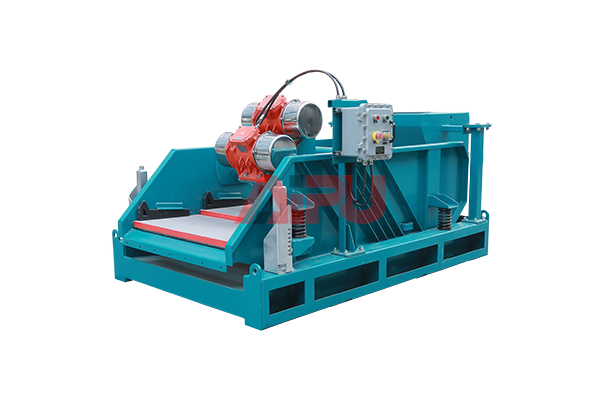Understanding the Filtration Capacity of Solids Control Equipment
Solids control equipment plays a crucial role in drilling operations, ensuring efficient separation of drilling fluids from unwanted solids. The filtration capacity of these systems determines their effectiveness in maintaining fluid quality and optimizing drilling performance. Several key factors influence this capacity, from equipment design to operational parameters.

The filtration process begins with shale shakers, which use vibrating screens to remove larger cuttings. The mesh size of these screens directly impacts the filtration capacity - finer meshes capture smaller particles but may reduce flow rates. Modern solids control equipment often incorporates multiple stages of filtration, progressively removing finer particles through desanders, desilters, and centrifuges.
Fluid properties significantly affect filtration performance. The viscosity and density of drilling mud influence how easily solids separate from the liquid phase. Operators must maintain proper fluid characteristics to ensure optimal filtration without clogging equipment. Temperature also plays a role, as warmer fluids typically filter more efficiently than colder ones.
Equipment configuration and maintenance are equally important. Proper screen tension on shale shakers ensures maximum solids removal while preventing premature screen failure. Regular inspection and replacement of worn components maintain consistent filtration capacity throughout operations. Advanced systems now feature automated monitoring to optimize performance in real-time.
The type and concentration of solids in the drilling fluid present another critical consideration. Different geological formations produce varying particle sizes and compositions, requiring adjustments to the solids control system. Some formations generate sticky clays that challenge conventional filtration methods, necessitating specialized equipment or chemical treatments.
Flow rate management balances filtration efficiency with operational requirements. Running fluid through the system too quickly may compromise solids removal, while excessively slow rates reduce overall drilling efficiency. Modern solids control systems incorporate flow distribution mechanisms to ensure even loading across all filtration components.
If your project requires solids control equipment, choose Aipu Solids Control, and we believe it will be your best choice.
